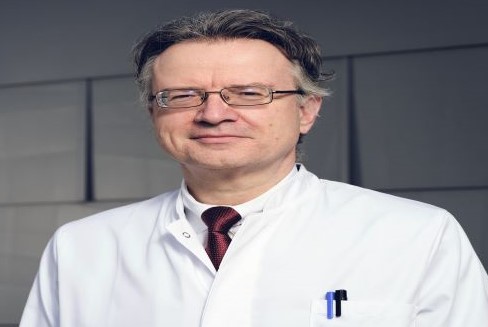PlasCO2 stands for 'Plasma-induced generation of carbon monoxide from carbon dioxide and its chemical utilization'.

Professor Dr. Robert Franke
Evonik has launched the PlasCO2 project together with three partners. The aim is to use carbon dioxide (CO2) as a raw material in the production of C4 chemicals.
The German Federal Ministry of Education and Research is funding the project with more than €1.8 million. PlasCO2 stands for 'Plasma-induced generation of carbon monoxide from carbon dioxide and its chemical utilization'.
The researchers are working on extracting synthesis gas from carbon dioxide and hydrogen by means of a plasma reactor using a newly developed process. The synthesis gas obtained in this way can then be used for the production of chemical products.
The project consortium, which is coordinated by Evonik, consists of four partners. It thus brings together all competencies, from catalysis and plasma research to plant engineering. In addition to Evonik, the Leibniz Institute for Catalysis (LIKAT), the Leibniz Institute for Plasma Research (INP), and Rafflenbeul Anlagen Bau GmbH are also involved.
"If we succeed in generating carbon dioxide as a raw material, we would not only make a significant contribution to reducing our carbon footprint, but we would also open up a completely new world of chemistry," says Professor Dr. Robert Franke, head of hydroformylation research at Evonik Performance Intermediates and coordinator of the PlasCO2 project.
Evonik will begin with basic research, initially carrying out evaluations of eco-efficiency and economic viability as well as quantum chemical calculations. The plasma reactors used have so far been used for the purification of exhaust gas. Evonik is continuing to work on their development so that, probably after about four years, a pilot plant can be built that creates the plasma with renewable resources.
"To carry out these projects of application-oriented basic research, we at Evonik absolutely need the expertise of our partners at the research institutes and at other companies," says Dr. Marc Oliver Kristen, project manager of PlasCO2. "Funding from the BMBF is also essential to enable us to pursue such highly innovative approaches."
Subscribe to our newsletter & stay updated.